Hunza Valley, nestled in the northern part of Pakistan. Is a breathtakingly beautiful destination that has been gaining popularity among travelers in recent years. Is It Safe To Travel To Hunza Valley? Known for its stunning mountain landscapes, crystal-clear rivers, and vibrant culture. Hunza Valley offers an unforgettable experience for those seeking a unique and remote travel destination. However, with its remote location and challenging terrain, many travelers may be wondering to travel hunza.
While Hunza Valley may not be as easily accessible as more popular tourist destinations. Additionally, the local government has taken steps to improve infrastructure and promote tourism in the region. Making it easier for travelers to navigate the area and enjoy all that Hunza Valley has to offer. With proper planning and precautions, travelers can have a safe and memorable experience exploring the enchanting beauty of Hunza Valley.
Is It Safe To Travel To Hunza Valley
Infrastructure And Transportation Safety
Weather Considerations And Seasonal Safety
Cultural Sensitivity And Interaction
Health And Medical Facilities In Hunza
Is It Safe To Travel To Hunza Valley
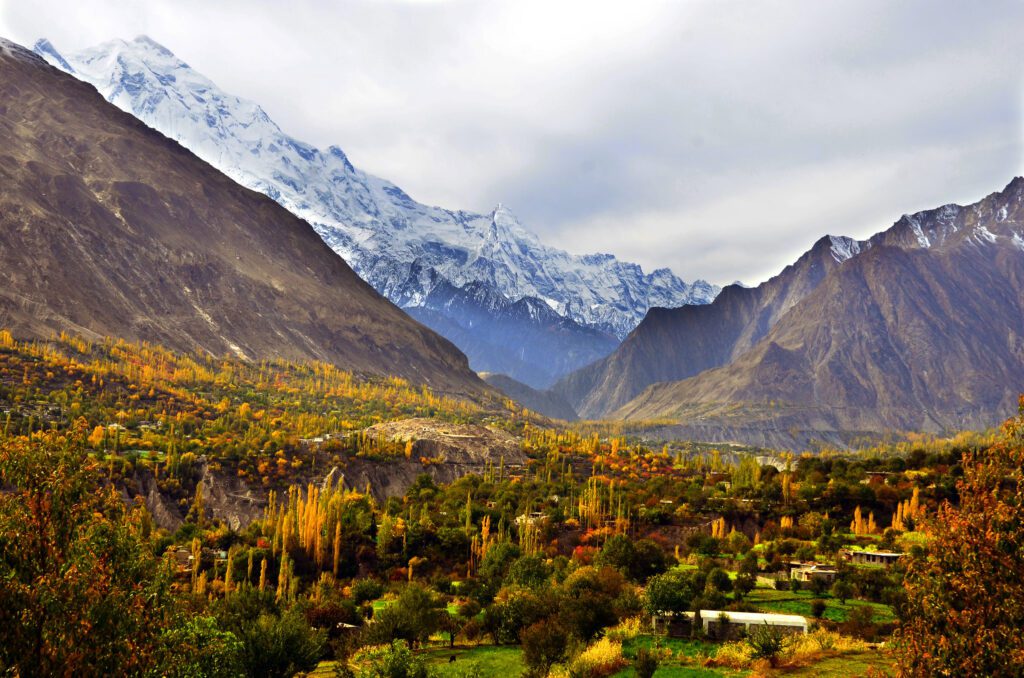
Hunza Valley, situated in the Gilgit-Baltistan region of Pakistan. Its stunning natural beauty, rich cultural heritage, and warm hospitality of its people. It attracts tourists from all around the world who are looking to experience the tranquil landscapes, explore ancient forts and museums. Immerse themselves in the unique traditions of the Hunza people.
However, before planning a trip to this picturesque valley, one might be concerned about safety and security issues. Given its proximity to the border with Afghanistan, some people may have reservations about traveling to Hunza Valley. The region has had its share of security challenges in the past. But in recent years, the situation has improved significantly.
The Pakistani government has taken steps to ensure the safety of tourists visiting the area. There is a strong police presence in the region, especially in popular tourist spots like Karimabad and Altit Fort. Additionally, the local communities in Hunza valley are welcoming and hospitable towards tourists. Making it a safe and friendly destination for travelers.
While incidents of violence or crime against tourists are rare in Hunza Valley. It is still advisable to take common-sense precautions such as avoiding isolated areas at night, staying in reputable accommodations, and being respectful of local customs and traditions.
It is important to hire a reliable driver if you are not familiar with the roads and to drive cautiously, especially during inclement weather conditions. Overall, while there may be some concerns about safety when traveling to a remote destination like Hunza Valley, with proper planning and precautions. It can be a rewarding and unforgettable experience. The breathtaking scenery, rich history, and warm hospitality of the people make it a destination worth visiting for those seeking an off-the-beaten-path adventure.
By following common-sense safety measures and respecting local customs. Visitors can enjoy all that this beautiful valley has to offer without worry. So, pack your bags, camera, and sense of adventure, and get ready to embark on a memorable journey to Hunza Valley.
Infrastructure And Transportation Safety
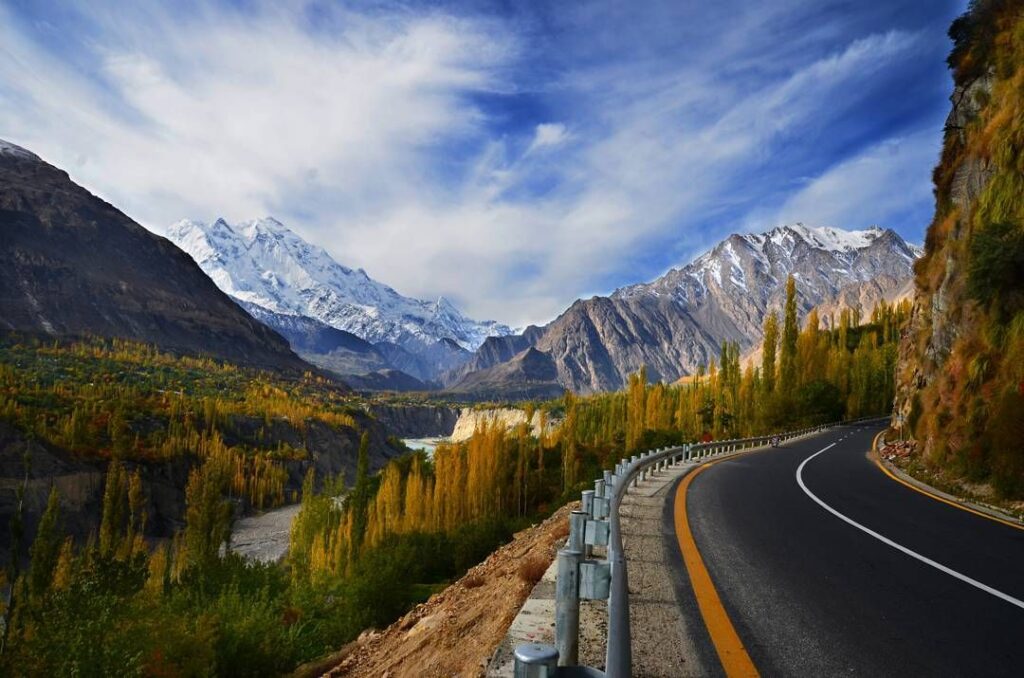
The infrastructure and transportation safety in Hunza Valley is a topic of concern for many travelers planning a visit to this remote region in northern Pakistan. Some visitors may have worries about the condition of the roads, availability of public transportation, and overall safety of traveling in the area.
One of the main concerns for travelers to Hunza Valley is the road conditions. The valley is a mountainous region with winding roads that can be narrow and steep in some parts. While the main Karakoram Highway, which connects the valley to other parts of Pakistan, is well-maintained and generally safe to travel. Some of the side roads leading to remote villages may be less developed and more challenging to navigate.
In terms of public transportation, there are limited options available in Hunza Valley. While there are some local buses and vans that travel between the main towns and villages in the valley. Despite these concerns, it is important to note that Hunza Valley is generally a safe destination for travelers. The local people are welcoming and hospitable, and violent crime is rare in the area. However, like any remote region, visitors should still exercise caution and use common sense while traveling. It is advisable to avoid traveling alone at night. Especially in more secluded areas, and to keep valuables secure at all times.
For those who are concerned about the lack of modern amenities in Hunza Valley. While there are some hotels and guesthouses in the main towns that offer basic amenities such as electricity, running water, and internet access. It is also advisable to carry essentials such as medications, snacks, and a flashlight in case of emergencies.
Overall, while the infrastructure and transportation safety in Hunza Valley may not be as advanced as in more developed regions. Rich culture, and unforgettable experiences. With proper planning and preparation, a trip to Hunza Valley can be a truly memorable adventure.
Weather Considerations And Seasonal Safety
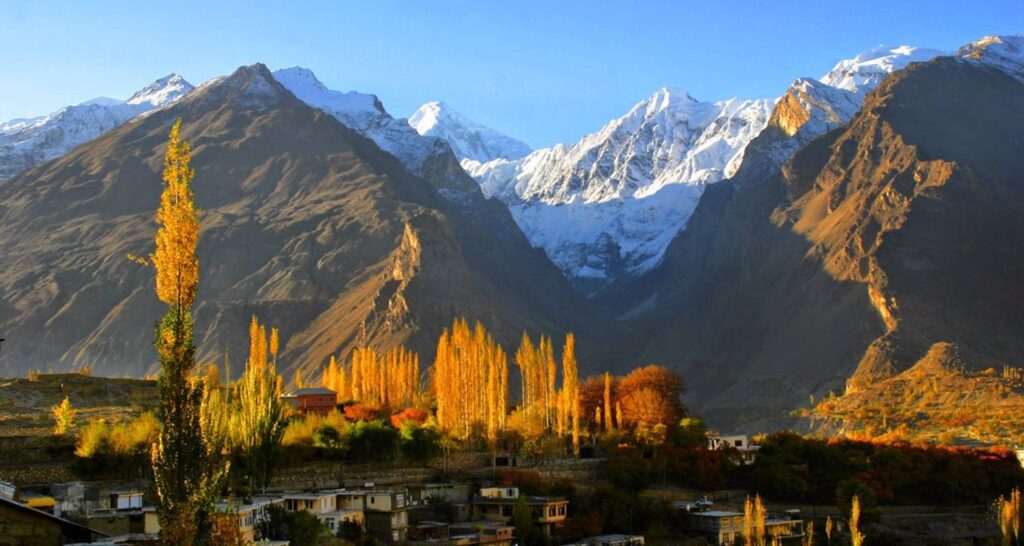
When planning a trip to the beautiful Hunza Valley. One of the important factors to consider is the weather and seasonal safety conditions. The weather in Hunza Valley can vary greatly depending on the time of year you plan to visit. So it’s essential to research and prepare accordingly to ensure a safe and enjoyable trip.
Hunza Valley experiences four distinct seasons: spring, summer, autumn, and winter. Each season brings its own unique weather conditions and challenges for travelers. In spring, the weather is relatively mild, with blossoming flowers and lush greenery creating a picturesque backdrop for exploring the valley. However, springtime in Hunza Valley can also bring occasional rain showers. So it’s important to pack waterproof clothing and shoes to stay dry and comfortable.
Summer in Hunza Valley is characterized by warm temperatures and clear sunny days. Making it an ideal time for outdoor activities such as hiking, trekking, and sightseeing. However, the summer months can also bring intense heat and strong sunlight, so it’s essential to pack sunscreen, sunglasses. Wide-brimmed hat to protect yourself from sunburn and dehydration.
Autumn is arguably the best time to visit Hunza Valley, as the weather is cool and pleasant. The skies are clear, and the foliage takes on stunning shades of red, orange, and gold. The crisp autumn air is perfect for hiking and exploring the valley. But it’s important to pack warm clothing and layers as temperatures can drop quickly in the evenings.
Winter in Hunza Valley is cold and snowy, with sub-zero temperatures and icy roads making travel more challenging. While the valley is transformed into a winter wonderland. With snow-capped mountains and frozen rivers creating a magical atmosphere, it’s important to be prepared for the cold weather conditions. Pack thick winter clothing, snow boots, and insulated layers to stay warm and comfortable during your visit.
In addition to the weather considerations, travelers should also be aware of seasonal safety issues in Hunza Valley. Landslides and avalanches are not uncommon in the mountainous region, especially during the monsoon season in summer and the winter months when heavy snowfall can destabilize the terrain. It’s important to stay informed about weather forecasts and road conditions before embarking on any outdoor activities to avoid potential hazards.
Another safety concern in the Hunza Valley is altitude sickness. As the region is located at a high elevation of over 2,000 meters above sea level. Travelers should acclimatize slowly to the altitude, stay hydrated, and avoid strenuous physical activity to prevent symptoms such as headaches, nausea, and dizziness.
Overall, while traveling to the Hunza Valley can be a rewarding and unforgettable experience. It’s important to be informed and prepared for the weather conditions and seasonal safety considerations to ensure a safe and enjoyable trip. By packing appropriate clothing, staying vigilant of weather forecasts, and taking necessary precautions. Travelers can make the most of their visit to this stunning and enchanting destination.
Cultural Sensitivity And Interaction
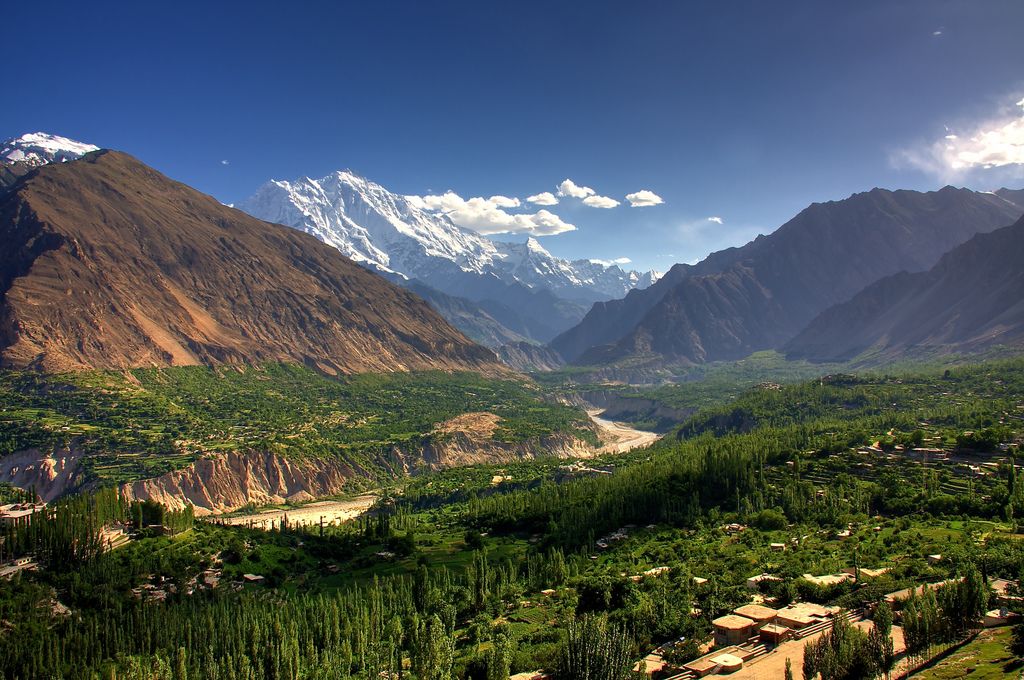
Traveling to Hunza Valley in Pakistan offers the unique opportunity to experience a rich culture and interact with the warm and hospitable people in this region. However, it is essential to approach these interactions with sensitivity and respect for the local customs and traditions.
One of the key aspects of cultural sensitivity when visiting Hunza Valley is to dress modestly. It is important to still dress modestly out of respect for the local values and beliefs. Women should avoid wearing revealing clothing, such as shorts or sleeveless tops. Instead opt for loose-fitting clothing that covers the shoulders and knees. Men should also dress modestly, avoiding overly casual or revealing attire.
When interacting with the locals in Hunza Valley, it is important to approach them with respect and humility. They are likely to be open to interactions with travelers who show genuine interest in their culture and way of life. Engaging in conversations with locals, asking questions about their customs and traditions. Showing appreciation for their culture can help foster positive interactions and build meaningful connections.
It is also important to be mindful of the local customs and traditions when visiting Hunza Valley. For example, when visiting local homes or mosques, it is important to remove your shoes before entering as a sign of respect. In addition, it is advisable to greet people with a polite “Salam” or “Hello” when meeting them for the first time.
Participating in local customs and traditions can also help to foster positive interactions with the people in Hunza Valley. For example, attending cultural events, such as festivals or celebrations. Can provide a valuable insight into the local way of life and offer opportunities to engage with the community. Trying local dishes, such as the famous Hunza apricots or traditional dishes like chapshuro and mantu. Can also show appreciation for the local cuisine and culture.
Overall, cultural sensitivity and respectful interaction are essential when traveling to Hunza Valley. By approaching interactions with an open mind, showing respect for local customs and traditions, and engaging with the people in a respectful and humble manner. Travelers can have a meaningful and enriching experience in this beautiful region of Pakistan. By embracing the local culture and building positive relationships with the people in Hunza Valley. Travelers can create lasting memories and connections that will enrich their travel experience.
Health And Medical Facilities In Hunza
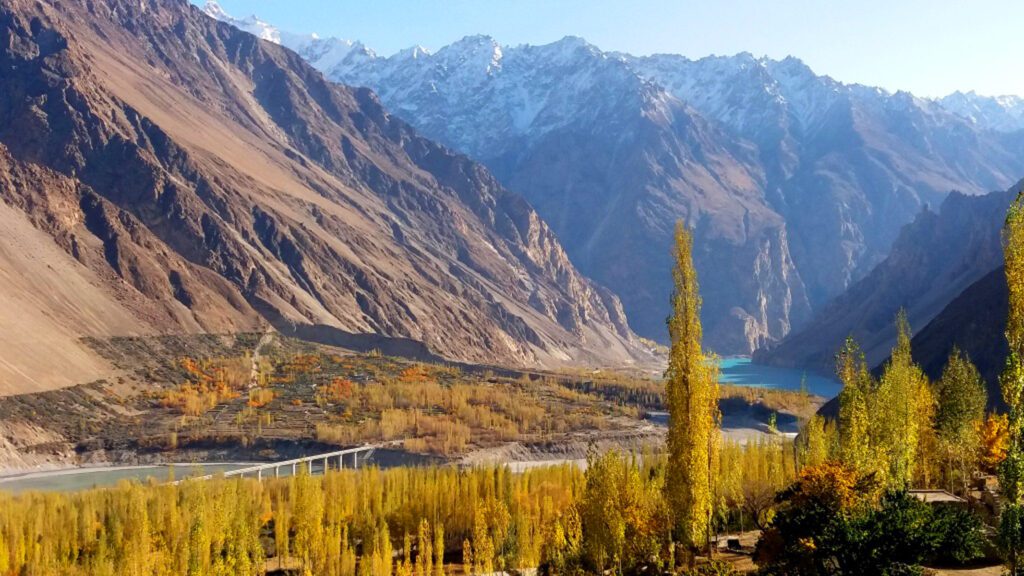
When planning a trip to Hunza Valley, it’s important to consider the health and medical facilities available in the area. The good news is that Hunza Valley does have some basic health services and medical facilities that cater to both locals and tourists. However, it’s important to keep in mind that these facilities may not be as advanced or readily available as you might be used to in your home country.
One of the main health facilities in Hunza Valley is the Aga Khan Health Service (AKHS), which operates a clinic in the main town of Karimabad. This clinic provides basic medical services, including consultations with doctors, minor treatments, and prescription medications. The staff at the clinic are trained professionals who can help with common health issues such as colds, flu, and minor injuries.
In addition to the AKHS clinic, there are a few other smaller medical facilities scattered throughout the valley. These facilities may have limited resources and may not be open 24/7. So it’s important to plan ahead and be prepared for any medical emergencies that may arise during your trip.
In terms of healthcare services, Hunza Valley does not have a hospital with comprehensive medical facilities. In the event of a serious medical emergency. You would likely need to be evacuated to nearby cities such as Gilgit or Skardu for more advanced medical care. It’s important to have travel insurance that covers emergency medical evacuations in case the need arises.
In terms of health concerns, there are a few things to keep in mind when traveling to Hunza Valley. The altitude in the valley can be quite high, so it’s important to take it easy and allow yourself time to acclimatize to the altitude. Drinking plenty of water and avoiding heavy physical activity during the first couple of days can help prevent altitude sickness.
It’s also important to be aware of the hygiene standards in Hunza Valley. While the tap water in some areas may be safe to drink. It’s generally recommended to stick to bottled water to avoid any potential stomach issues. It’s also a good idea to wash your hands frequently and be mindful of the cleanliness of the food you eat.
Overall, while the healthcare facilities in Hunza Valley may not be as advanced as what you’re used to at home. There are services available to help with basic medical needs. By taking some precautions and being prepared for potential health issues. You can enjoy your trip to Hunza Valley with peace of mind.
Conclusion :
Traveling to the stunning Hunza Valley presents an unparalleled adventure for those seeking to immerse themselves in the natural wonders of northern Pakistan. Is It Safe To Travel To Hunza Valley? While some concerns exist regarding safety. Infrastructure, weather, cultural sensitivity, and healthcare facilities, the overall experience in Hunza Valley is characterized by safety, warmth, and hospitality. By adequately preparing, taking necessary precautions, and respecting local customs, visitors can indulge in the awe-inspiring landscapes, rich cultural heritage, and genuine hospitality that define this remote destination.
Hunza Valley, nestled in the northern part of Pakistan, offers a truly unique and rewarding experience for adventurous travelers. Despite certain worries about safety, infrastructure, weather, cultural sensitivity, and healthcare facilities, Hunza Valley generally provides a safe and friendly atmosphere for tourists. By carefully planning your trip, taking sensible precautions, and showing respect for local customs, you can fully enjoy the breathtaking scenery, vibrant culture, and warm hospitality of this remote destination. Whether you’re hiking in the mountains, interacting with locals, or marveling at the natural beauty, a journey to Hunza Valley promises unforgettable memories and a newfound appreciation for the wonders of our world.
Visiting the mesmerizing Hunza Valley is an exceptional opportunity for travelers in search of the breathtaking beauty of northern Pakistan. Despite concerns about safety, infrastructure, weather, cultural sensitivity, and healthcare facilities, Hunza Valley typically offers a safe and inviting environment for tourists. With adequate preparation, sensible precautions, and cultural respect, travelers can revel in the magnificent landscapes, cultural richness, and heartfelt hospitality of this remote destination.
Journeying to the captivating Hunza Valley presents a unique and enriching experience for intrepid explorers eager to discover the splendor of northern Pakistan. Despite apprehensions surrounding safety, infrastructure, weather, cultural sensitivity, and healthcare amenities, Hunza Valley generally offers a secure and hospitable environment for visitors. By meticulously planning your excursion, exercising prudence, and honoring local customs, you can relish in the breathtaking panoramas, cultural diversity, and genuine camaraderie found in this secluded locale. Whether embarking on mountain treks, embracing local customs, or marveling at natural marvels, an expedition to Hunza Valley guarantees lasting reminiscences and a heightened reverence for the world’s magnificence.
FAQs
Is it safe to travel to Hunza Valley?
Generally, yes. Hunza Valley is considered safe for tourists, with a low incidence of violent crime. However, travelers should exercise caution and be aware of their surroundings, especially when traveling alone or at night.
What are the healthcare facilities like in Hunza Valley?
Hunza Valley has basic healthcare facilities, including clinics operated by organizations like the Aga Khan Health Service. However, there is no hospital with comprehensive medical facilities, so travelers should be prepared for potential medical emergencies and consider purchasing travel insurance that covers medical evacuations.
What should I pack for a trip to Hunza Valley?
Depending on the season, pack appropriate clothing for varying weather conditions, including waterproof clothing for spring, sunscreen and sunglasses for summer, warm layers for autumn, and thick winter clothing for winter. Additionally, pack any necessary medications, a basic first aid kit, and consider bringing a flashlight and snacks for emergencies.
How should I interact with the locals in Hunza Valley?
Show respect for local customs and traditions by dressing modestly, greeting people politely, and being mindful of cultural norms. Engage in conversations with locals, participate in cultural events, and try local dishes to immerse yourself in the local culture and build positive relationships.
What precautions should I take when exploring the Hunza Valley?
Be cautious when driving on mountain roads, especially in inclement weather. Stay informed about weather forecasts and road conditions to avoid potential hazards like landslides and avalanches. Additionally, acclimatize slowly to the altitude, drink plenty of water, and practice good hygiene to prevent altitude sickness and stomach issues.
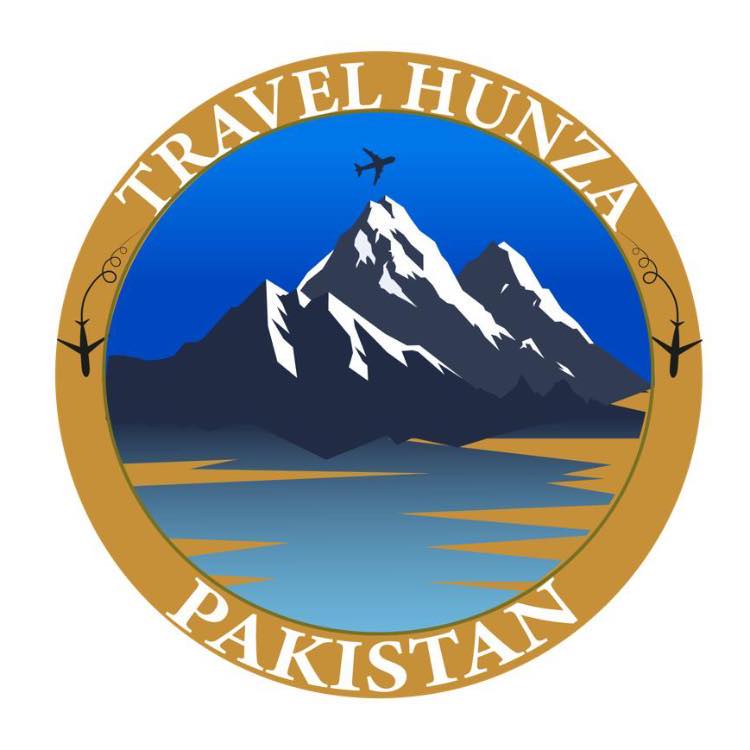



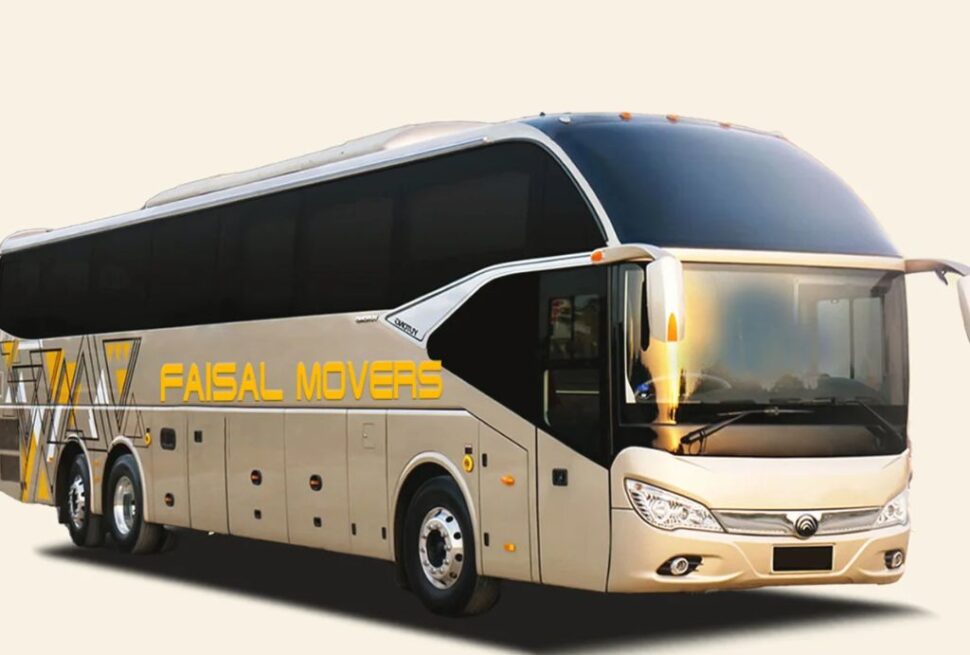
Thank you for writing this post!
According to my study, after a the foreclosure home is offered at a bidding, it is common for that borrower to be able to still have the remaining unpaid debt on the personal loan. There are many loan companies who try to have all service fees and liens cleared by the following buyer. Even so, depending on selected programs, regulations, and state legislation there may be many loans which aren’t easily sorted out through the transfer of loans. Therefore, the duty still lies on the lender that has received his or her property foreclosed on. Many thanks sharing your ideas on this blog.